
This summer the internet was set on fire as we learned Lil Yachty didn’t know what type of record deal he had signed with Capitol Records. This information was divulged by Lil Boat on Complex’s ‘Everyday Struggle’ show with Joe Budden and DJ Akademiks (watch below). He later cleared it up, tweeting that he was aware of how his record situation was being handled but didn’t know the correct terminology of a ‘360 Deal’. For many artists this is a reality that’s far too familiar. We see how money changes lives every day thanks to social media. Then there’s the opposite side of this equation, where we see artists who file for bankruptcy or go broke because they weren’t aware of the business side of their brand. This is nothing new in the music industry. Many artists before Yachty were given the shaft when it came to record deals. Look no further than two of the top selling acts of the 1990s in TLC and Toni Braxton.
To put this in perspective, think of the responsibility you had at the same age Lil Yachty got signed. 19. I was beginning my second year of college, working the same pizza job I had in high school, and just trying to have the best sound system in my car. Things changed for me later that year as my dad helped me get a job at the post office in our city. I made double what I would make at my pizza job and had more money than I knew how to spend. I spent what little free time I had going to buy things I couldn’t previously afford instead of saving that money. The workload was eventually too much to balance with school and I returned to my broke boy status of working at a pizza joint making slightly more than minimum wage (which was $5.15 in 2007).
In terms of the music industry, Yachty is still a baby. When you’re that young you don’t understand that you need to be about your business; you’re too busy buying things that you could never afford prior to getting a deal. Yachty went from living in a dorm and eating Ramen Noodles to making $1 million in just a two year span. The problem is many artists don’t have the guidance or education to know what the next step for their money should be. We hear sports stories of veteran players being brought in to help manage the younger generation of players, providing locker room insight so they begin heading down a path of success. We rarely hear about this in the music industry. Sure there are exceptions, like No I.D. being a mentor to Kanye West but you seldom hear of the older generation of artists looking to help the young guys.
Personally I think the older generation of artists have a responsibility to the new school kids as they’ve been in these situations. But why is it important for a young artist to learn the business aspect of the industry? We spoke with Tony G, former G-Unit A&R and current manager to upcoming artist Tdot Illdude about this topic and asked him if the older generation has a responsibility to educate the young artists in the game right now. “I think it’s important to understand the history of music. Study soundscapes from the past, study artists from the past, understand the past to be able to create the future,” explains Tony.
“That being said, an artist today can be anything or anyone. There are no rules. Any kid has the potential to create a hit record in his/her bedroom. “Radio hits” that artists tried to pitch to labels and radio stations are becoming less and less irrelevant. Instead of chasing spins on radio which only a certain sound had a chance to make it, you can now just as well launch your career on platforms like SoundCloud or Spotify. There are no rules on what kind of record is going to gain traction or become playlist favorites. Now more than ever before in the history of music, you can have creativity lead how you create music in the most non traditional ways and have it work and be successful. It’s exciting. I actually think it’s the younger artists these days that need to guide the older generation. Adapt or get left in the past,” he continues.
“If you really want to be a full time professional musician, artist, producer, songwriter etc. and earn your living that way, you HAVE to learn and understand the business side of the industry. It can sometimes become very confusing and legal terms are thrown your way but you have to understand what’s going on so you can protect yourself. It’s also good to have an entertainment lawyer at hand. And don’t be afraid to ask your lawyer questions and requesting for a breakdown of what all those technical terms mean. As time goes by, you learn more and more, and are better protected. A good book to have on hand is “All you need to know about the music business” by Donald Passman. It can answer a lot of questions early in your career and even later,” Tony throws in some advice for aspiring musicians.
As a legend in the game, Raekwon has seen everything and then some. He’s been signed to a major label and currently operates his own Ice H2O imprint with distribution from EMPIRE. He had this to say about the importance of artists learning the business side of things and if the older generation owes a responsibility towards training younger acts: “who are we to say we need to educate another man but I respected those who came before me. If a young person comes to me and asks for advice, I would be more than happy to give my time. But we are not obligated at all.” He continues in support of the theory that young artists should know their business, “it’s definitely important for an artist to know the business now a days because it’s a billion dollar biz. You should be able to get what is rightfully yours.”
“If a young person comes to me and asks for advice, I would be more than happy to give my time. But we are not obligated at all.” – Raekwon
We also spoke with record producer DrewsThatDude on this subject. Drew has success as an indie producer now but at one point he was signed to a production company. He’s produced for Jeezy and made Lil’ Wayne’s & T-Pain’s ‘How To Hate’ as well from the Tha Carter IV. Artists don’t understand they’re not just artists anymore: they’re now brands and marketed in that fashion. Drew gave me some insight on this: “Branding is everything. Being able to travel and tour off my own instrumentals has brought a lane of income in that can rival what I’ve made off the songs I produced over the years. Just knowing that your name is all you have to really survive off of and that keeping your name out there is crucial when it comes to being able to make money off your talents in any lane not even just music.” He continued: “The brand is really everything, from what I post about to what I’m thinking about while creating music; it’s always something that’s in the back of my mind. People really need to box you into a category so they can digest who you are. It sucks as a creative to be boxed but it’s necessary and once people grow with your brand and know what you’re about you’re able to be more free in what you present to people. And I think it’s received better when everything you present to people has a similar feel or message that you’re trying to drive to an audience. Niche marketing is a huge thing and I think in an era where there are so many options, having reliable brands/artists that you can fall back on are more important than ever.”
Artist education is not only necessary in this climate of Hip-Hop but a responsibility that many of us with experience need to begin taking seriously. As you learn through experience it’s important to share those stories with people you see coming up so they don’t make the same mistakes that you did. We all know that knowledge is power and as one Brooklyn legend stated, “like I told you sell drugs/naw Hov did that so hopefully you won’t have to go through that”. The younger generation needs our help and it begins by simply educating them through social media and content such as this article.



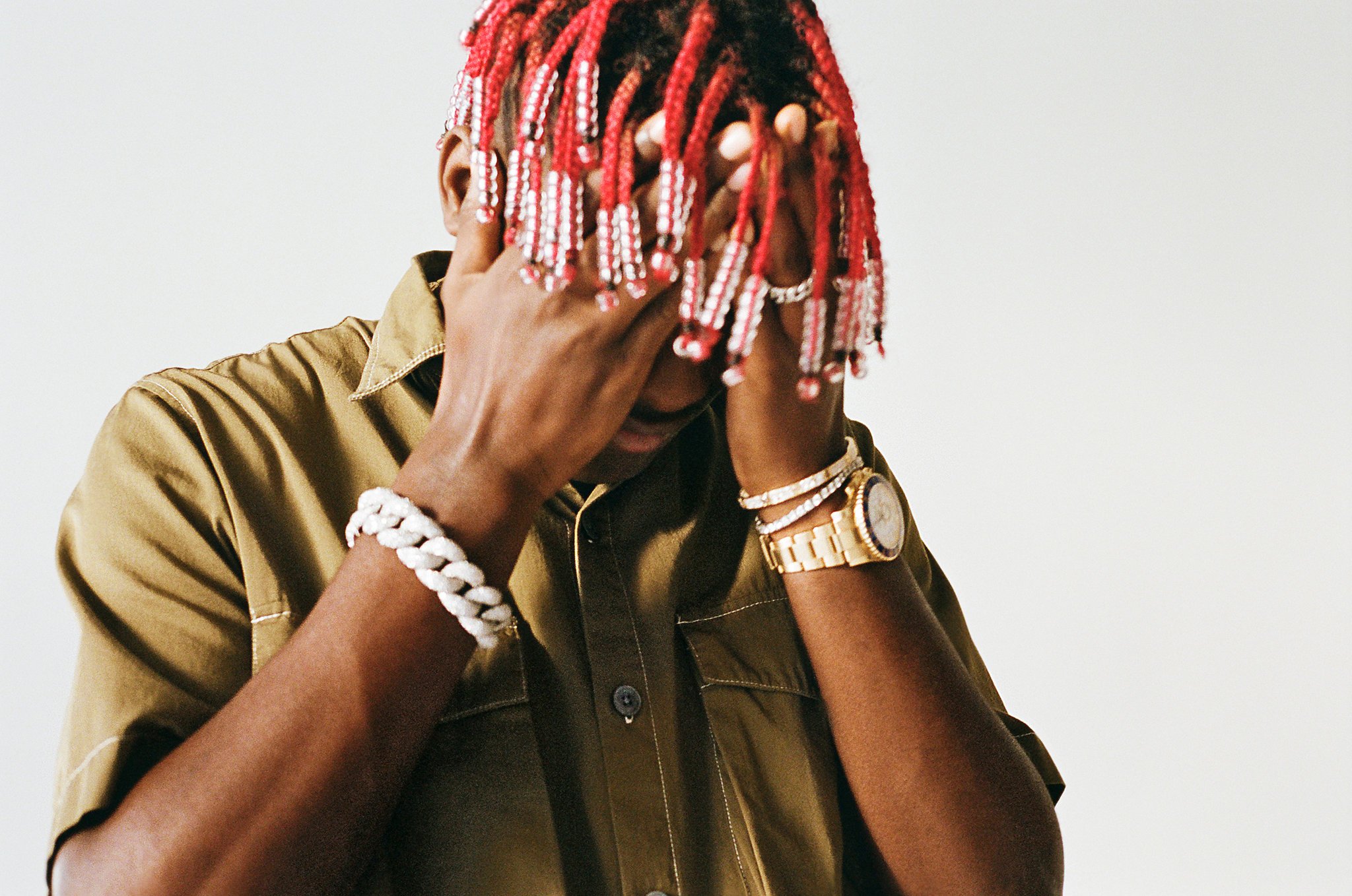


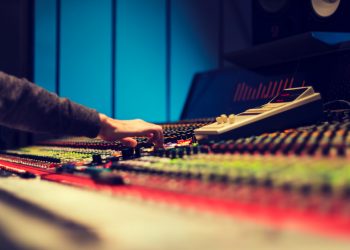
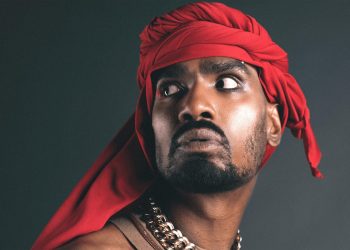
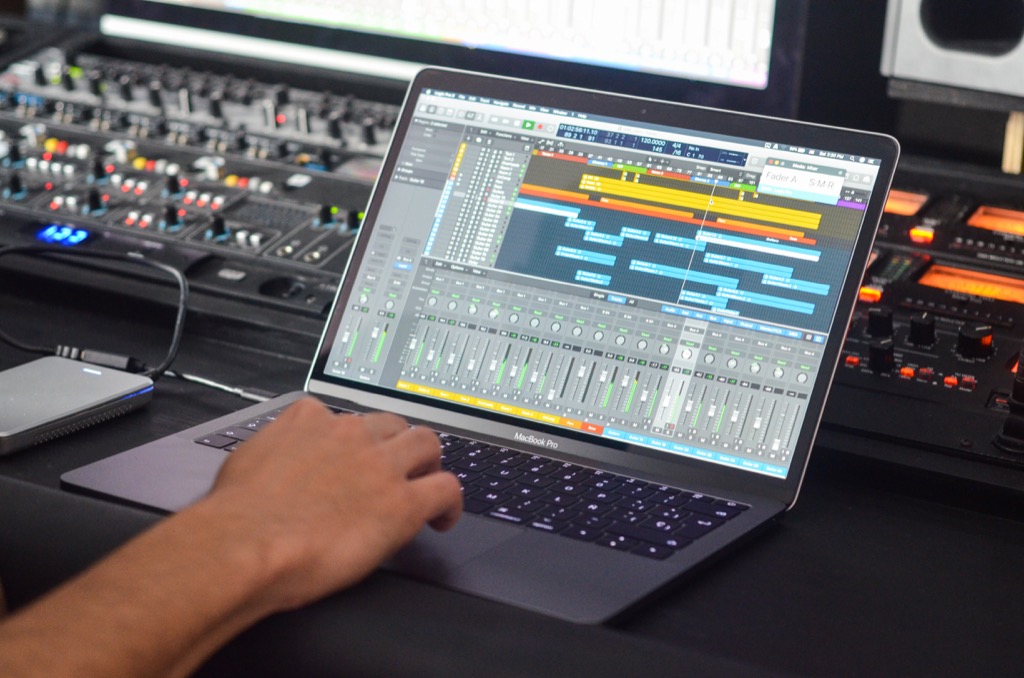

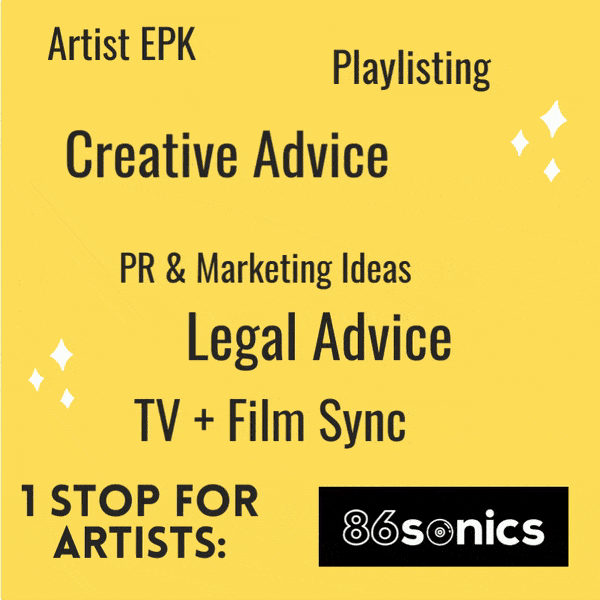

Discussion about this post